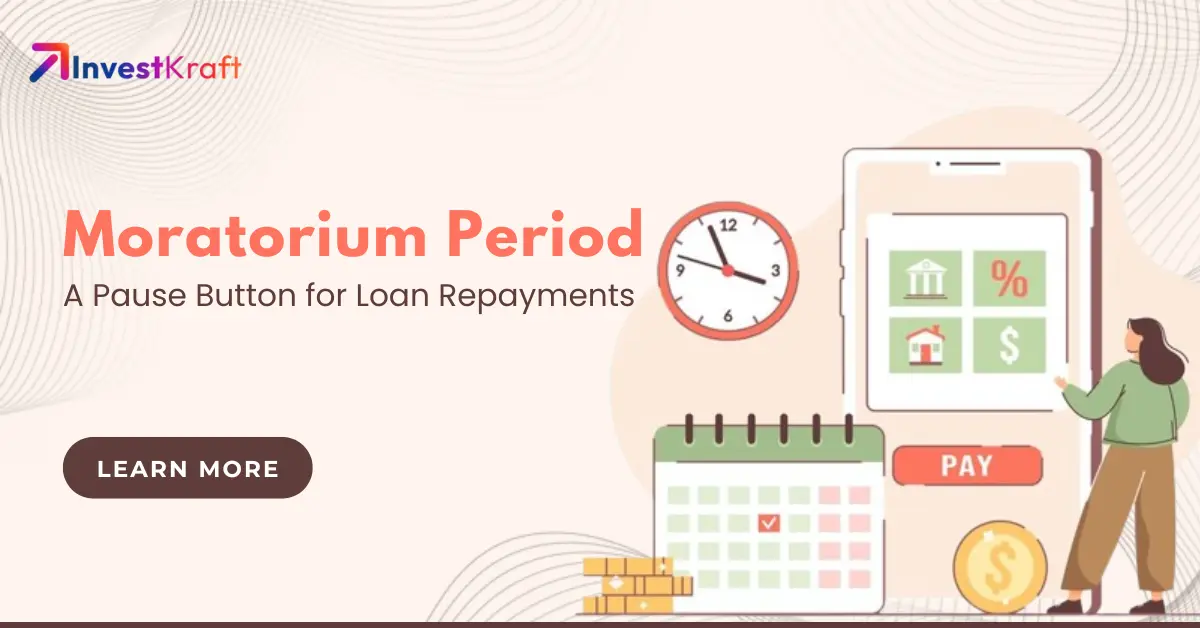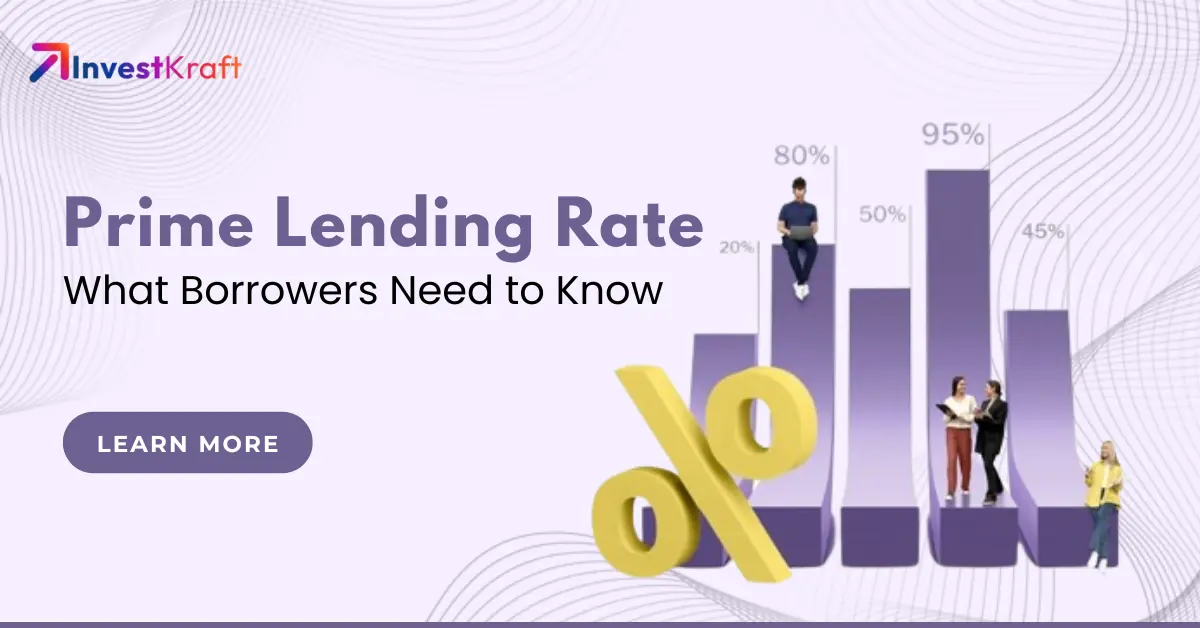Most Common Reasons Behind the Rejection of a Personal Loan Application

Most Common Reasons Behind the Rejection of a Personal Loan Application, Obtaining a personal loan is a difficult undertaking, and if you are currently looking for one, you may have done a great deal of research to locate the ideal lender. Although it may seem like a great idea to choose the best lender for your needs, doing so does not ensure that your loan application will be accepted.
For your reference, we have highlighted some of the most commonly found reasons that may turn down your personal loan application.
Reasons Behind the Rejection of a Personal Loan Application:
1. Debt and income
While keeping your credit score high is great, keep in mind that when you ask for a loan, lenders will also look at your annual income and amount of debt. This enables them to assess your ability to repay them for the amount you have requested. Your loan application may be denied if your yearly income is minimal and the lenders believe you won't be able to pay back the amount you're asking for. If you have any debts, you should pay them off to lessen the likelihood of this happening.
2. Incomplete Loan Application
Since financial institutions rely on your application information to verify your identity and finances, the information you provide to them has a significant impact on whether or not your loan is approved.
Loan applications are frequently denied when borrowers neglect to include the necessary paperwork or omit important information. As a result, you must carefully complete the loan application and attach all required documentation.
3. Error in CIBIL Report
Even in the wake of significant life catastrophes like bankruptcy or foreclosure, people can raise their credit score in as little as 18 to 24 months. This kind of past may easily turn off lenders, which could result in your loan application being denied.
4. CIBIL Score
One of the most crucial things banks and lenders look at before offering you a loan is your CIBIL score. The way you handle your credit determines your credit score. You will probably have a good credit score and be eligible for loans if you have kept up a decent credit utilization ratio and have a history of making your payments on time. Those who neglect to do this, however, will have a poorer credit score and their loan will be denied.
Read More: What Is The Minimum Cibil Score Should I Have To Get A Business Loan
5. Residential Instability
The paperwork you submit for KYC often takes care of your residential stability by proving to banks that you live in the city and have a fixed address. If you rent, the banks could request more information from you; if they are unable to confirm your home stability, they will deny your loan application.
6. Location is in the Bank’s Defaulter List
Even though you have a decent credit score, there is a good risk that your loan may be denied by the bank if you live in an area or region that is included in the bank's defaulter list or negative zone. This may seem strange to many.
7. Too Much Borrowing
A lender could turn down your application for a personal loan if you attempt to take out more than you can afford to repay. This is so because your income and other financial responsibilities determine how much the lender will approve you for. The lender may determine after examining your financial situation that you are ineligible for a particular loan amount.
Read More: Does a Business Credit Card Affect Personal Credit Score?
8. Insufficient income
Lenders use your income in addition to your credit score and debt-to-income ratio to assess your ability to repay the loan. In essence, they are checking to see if you are able to make your monthly installments and won't miss any payments. The lender may reject your application if they determine that your income is not adequate for the amount you wish to borrow, or if it shows signs of instability from month to month.
FAQs
1. If You Are Rejected a Personal Loan, What Should You Do?
Answer. Finding out why your loan application was rejected should be your priority. To learn what happened, go read your adverse action notification. For an explanation, you may also give the lender a call.
2. After your loan application was denied, how long should you wait before submitting another one?
Answer. If you need a loan but are consistently denied, you might want to give it a few months before reapplying. To start with, obtaining a lot of hard credit inquiries might negatively impact your credit score and reflect poorly to lenders. Additionally, enhancing your personal finances—whether it is by increasing credit or lowering your debt-to-income ratio—takes time.
The Conclusion
You don't have to put all your eggs in one basket because each lender has different requirements. Rather, compare rates and speak with many lenders. It is possible that certain lenders have more lenient lending requirements and will accept you when others won't.
As was previously said, prequalification allows you to compare loan offers without negatively affecting your credit score. For instance, you may submit your information to many lenders simultaneously via a loan marketplace.
Verify Phone Number
Related Post

Top Loan Schemes with Highest Subsidies in India 2024
Find the Indian loans with the highest subsidy easily with the help of Investkraft. This guide provi...
Read more...
Pradhan Mantri Mudra Yojana (PMMY) Loan: Eligibility, Application Form, Benefits
The Pradhan Mantri Mudra Yojana (PMMY) loan has been a game changer for small and micro-enterprises...
Read more...
How Does the RBI Regulate P2P Lending in India 2024?
P2P lending has grown significantly in India, becoming an important part of the financial ecosystem....
Read more...
Grace Period vs Moratorium Period: A Detailed Comparison for Better Financial Decisions
The terms “moratorium period” and “grace period” are often mistaken to have the same meaning. Howeve...
Read more...
List of Microfinance Companies in India 2025 – Small Loans & Financial Services
Microfinance in India has been rapidly expanding as a viable financial service due to the emergence...
Read more...
Understanding Syndication Loans: A Guide for Borrowers and Lenders
Loan syndication is a solution for borrowers seeking large loans that may be beyond a single lender’...
Read more...
How Does the Moratorium Period Act as a Life Raft for Borrowers?
Financial jargon, whether taking a loan or opening a bank account, can be confusing and tricky. Thes...
Read more...
New to Credit? Stop Worrying and Build Your Credit with These Essential Tips
Establishing and maintaining a healthy credit score can seem overwhelming, particularly for new borr...
Read more...
Prime Lending Rate: A Friend or Foe for Borrowers?
When purchasing items on credit, it is common to need a financial investment and many turn to loans...
Read more...
Instant Cash Loans: Everything You Need to Know
Have you ever been in a situation where you did not have enough money to make a purchase? Maybe you...
Read more...Reach out to our Experts if you have any Doubts
Like the best things in life, Consultations @InvestKraft are free
Drop a Mail or give us a Missed Call & Begin your Investment Journey here



